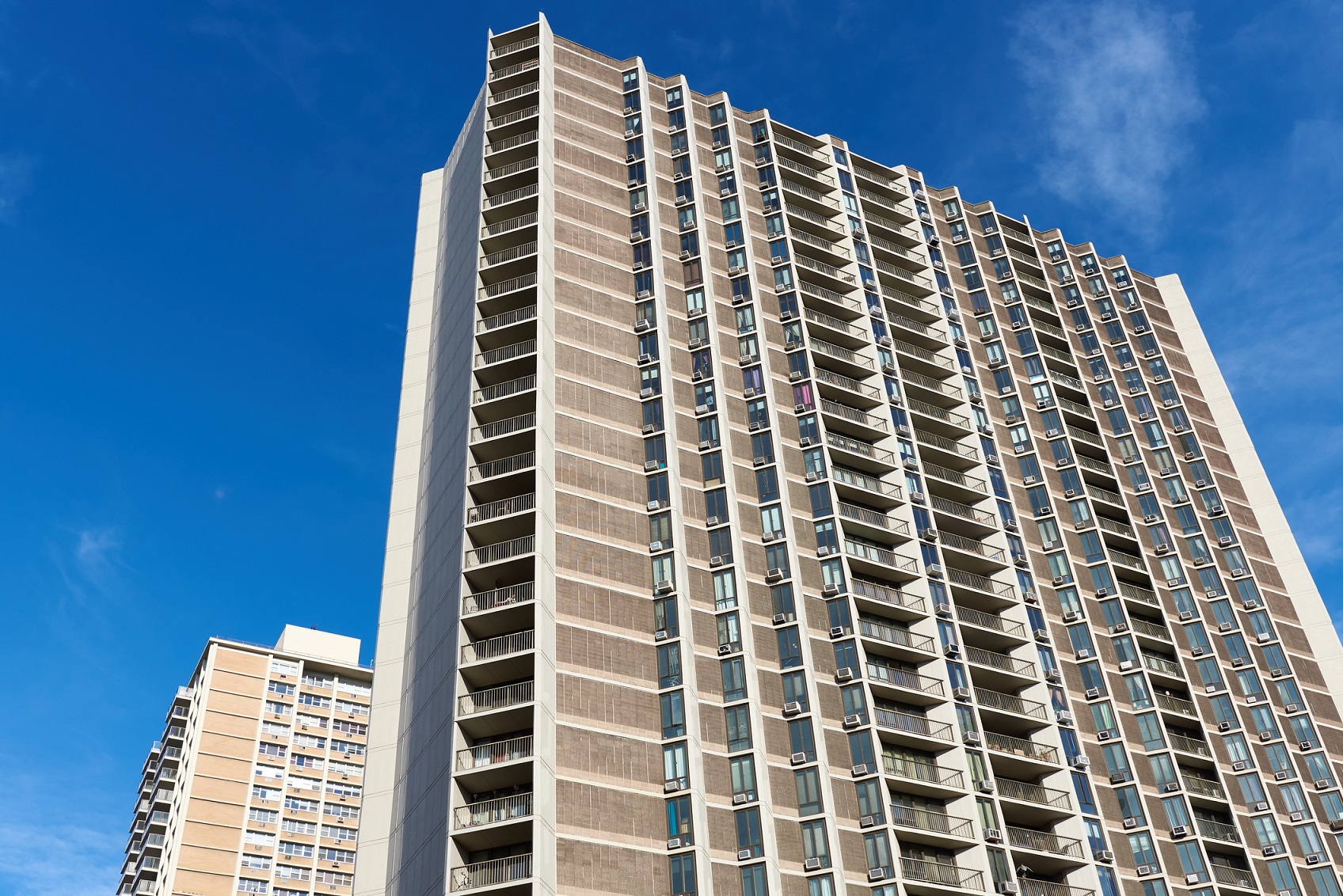It was last June that the Champlain Towers South tragedy took place in Surfside Florida. The partial-collapse of the 12-story building resulted in 98 deaths and raised questions about the safety of high-rise apartment structures nationwide. One result is that Fannie Mae and Freddie Mac have begun to take a new look at condo projects with five or more attached units and their maintenance.
The new requirements impact a large segment of the real estate marketplace. According to the Community Associations Institute (CAI), as of 2020 there were 74 million residents in condos and co-ops, properties worth $9.2 trillion
Condos and co-ops often feature contentious elected boards, panels that debate such matters as allowable exterior colors, architectural details, landscaping, pets, and even flagpoles. And, perhaps most importantly, are heated discussions regarding fees and reserves.
“The deliberations over maintenance and reserves raise important questions,” according to Rick Sharga, Executive Vice President with RealtyTrac. “Has the structure been well-maintained? Has maintenance been deferred to hold down monthly fees? Are the reserves sufficient? Is there a looming need for a special assessment to immediately fund major repairs and improvements?”
“In the aftermath of the collapse of the Champlain Towers South in Surfside, Florida,” said both Fannie Mae and Freddie Mac, “the risks of residential buildings with aging infrastructure and in need of Critical Repairs have been brought to the forefront of discussion throughout the nation.
“In response to feedback we received from Sellers and other industry stakeholders regarding these risks, we are issuing temporary project review requirements regarding projects in need of Critical Repairs and projects with special assessments.”
Although the standards are new, they have quickly had an impact. CAI reports that “creditworthy borrowers have been denied credit to purchase homes and refinance mortgages in condominium and cooperative projects with no safety, soundness, structural integrity, or habitability concerns because of the temporary guidelines.”
New Condo & Co-op Repair & Maintenance Standards
Fannie Mae and Freddie Mac – who purchase massive numbers of conforming loans – are effectively saying to lenders, “hey, before we buy your mortgage are you sure the building is safe and well-maintained? Has there been enough money set-aside to deal with needed repairs?”
Under the new rules, “at least 10% of the budget must provide funding for replacement reserves for capital expenditures and deferred maintenance based on the project’s age, estimated remaining life and replacement cost of major Common Elements.”
In addition, says Fannie Mae, “we recommend that lenders review any available inspection, engineering, or other certification reports completed within the past five years to identify deferred maintenance that may need to be addressed.”
It adds that “loans secured by units in condo and co-op projects with significant deferred maintenance or in projects that have received a directive from a regulatory authority or inspection agency to make repairs due to unsafe conditions are not eligible for purchase.”
Adjustments
There’s little debate regarding the need for repair and maintenance standards, the big question is how best to go about it.
On Feb. 17th, the CAI sent a letter to the Federal Housing Finance Agency, the regulatory body that oversees Fannie Mae and Freddie Mac. It asked that the new standards be delayed for a year to give condo and co-op projects time to comply.
One problem stems from the proposed forms required by Fannie Mae and Freddie Mac. For example, regarding such things as zoning ordinances and code standards, the forms ask if it is “anticipated the project will, in the future, have such violation(s)?”
How can such questions be answered? Will condo and co-op projects buy a crystal ball?
“There is no rational, objective basis upon which a condominium or cooperative board may guarantee future building conditions and the legal conduct of future boards,” said the CAI.
It seems likely that adjustments will be made. Already, for instance, there is some daylight between Fannie Mae and Freddie Mac.
“Fannie Mae has temporarily suspended the use of a reserves study in lieu of the condo project meeting the 10% budget reserve requirement,” explains Anna Beltran, CEO, and COO, of Hamilton Home Loans in Sunrise, FL.
She adds that, “Freddie Mac on the other hand, does still allow this flexibility to utilize a reserve study for which an HOA is following its recommendations for reserves and maintenance schedules. Otherwise, FNMA and FHLMC’s recent temporary requirements are very much in line with each other.”
What does all of this mean?
First, the trend is clear. Maintenance and repairs will have to be explained and documented with greater specificity than in the past.
Second, there will be a sudden and huge demand for qualified engineers and other experts, resulting in backlogs, delays, and units that cannot be sold because needed examinations and certificates are missing.
Third, the new rules will impact appraisals – and sale prices.
Francois (Frank) K. Gregoire, the four-time chairman of the Florida Real Estate Appraisal Board and an appraiser based in St. Petersburg, explains that “if financing becomes tight or non-existent for some projects, that will likely have a negative influence on the value of individual units. We’ll just have to examine offerings, time on market, price changes, and closed sales to see how severe that influence is.”
Fourth, it’s not just lenders who will want the reports. Real estate brokers will surely require such documentation for review by potential buyers.
Fifth, cash is king. Real estate investors and buyers who can act without lenders will have leverage when looking at units in big-building projects.
Some will see the new Fannie Mae and Freddie Mac standards as a costly inconvenience. Others will view the new questionnaires as booby traps filled with gotcha clauses. Alternatively, without such reviews and examinations, a lot of buyers are likely to be turned off by high-rise condos and co-ops.
There’s nothing temporary about the new standards. With some tinkering and compromises they’re here to stay. After all, if you’re buying a condo or a co-op in a large project, you’ll surely want to know about the potential for needed repairs and big costs.



